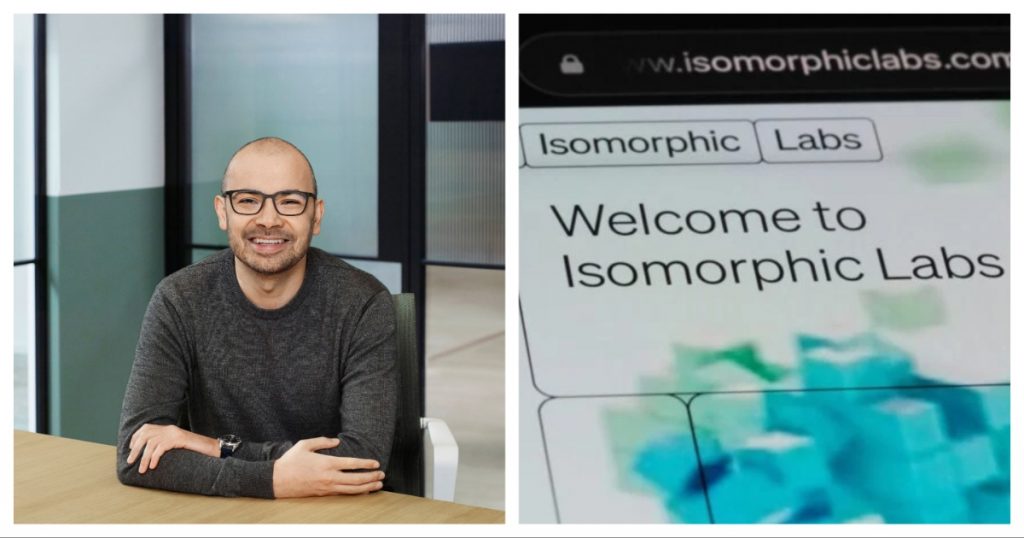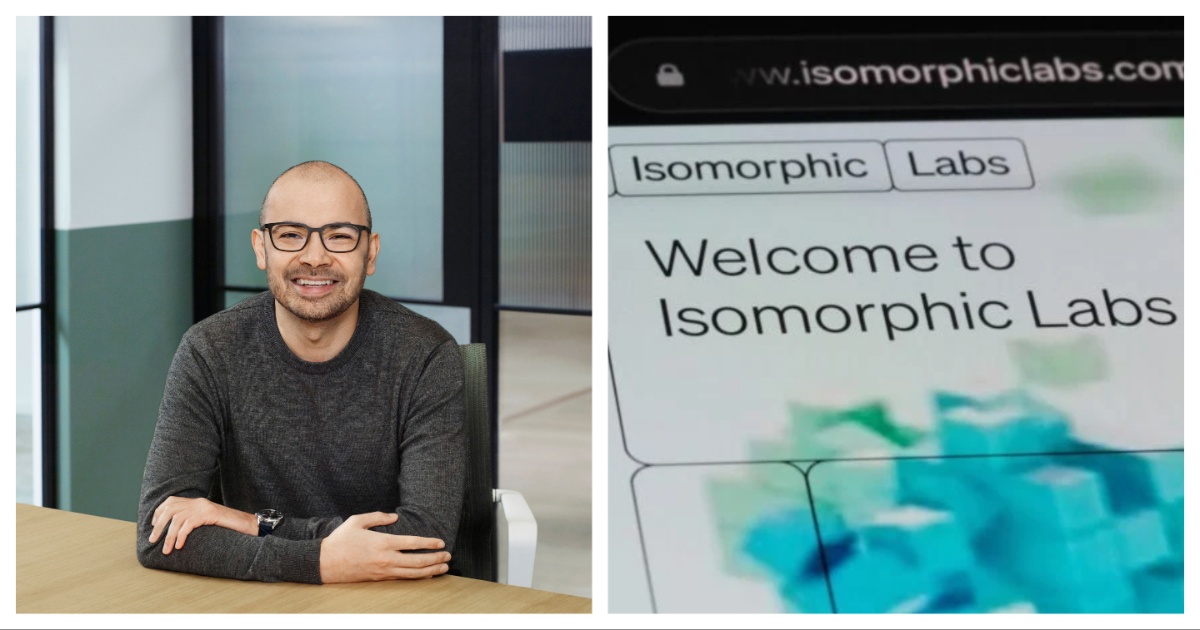Google DeepMind CEO Demis Hassabis has said that AI can have a serious crack at solving all diseases in the coming years. And his company is on track to put these words into practice.
Isomorphic Labs, a biotechnology company founded in 2021 by Demis Hassabis as a subsidiary of Google parent Alphabet, is “very close” to human trials of AI-generated medicines for some diseases. The company had been founded to reimagine and accelerate drug discovery using artificial intelligence and machine learning, and built on Google DeepMind’s AlphaFold technology that discovered protein structures.

“There are people sitting in our office in King’s Cross, London, working, and collaborating with AI to design drugs for cancer,” Isomorphic Labs CEO Colin Murdoch told Fortune in an interview. “That’s happening right now.”
“The next big milestone is actually going out to clinical trials, starting to put these things into human beings,” he said. “We’re staffing up now. We’re getting very close.”
“We identify an unmet need, and we start our own drug design programs. We develop those, put them into human clinical trials… we haven’t got that yet, but we’re making good progress,” he added.
Isomorphic Labs uses advanced AI models, including AlphaFold 3, to predict protein folding and interactions with molecules such as ligands and antibodies, significantly accelerating the drug discovery process. Their approach allows much of the experimental work to be conducted computationally (“in silico”), enabling rapid exploration of chemical space and the design of drug candidates with greater speed and precision.
The company operates primarily from its headquarters in London, with a growing presence in Lausanne, Switzerland. It has formed strategic partnerships with major pharmaceutical companies such as Novartis and Eli Lilly to advance AI-driven drug discovery, particularly in oncology and immunology. In April 2025, Isomorphic Labs raised $600 million in external funding to further its mission.
Several top AI labs have said how AI can help accelerate scientific discovery, particularly in medicine. Google DeepMind CEO Demis Hassabis and Stripe CEO Patrick Collison have spoken on how AI-created virtual cells could help biological research. OpenAI CEO Sam Altman and Anthropic CEO Dario Amodei have said that AI will lead to decades of scientific research in a few years. Demis Hassabis, in particular, has been particularly optimistic, saying that AI can have a crack at solving all diseases in 10-15 years, and had predicted in January this year that the first AI-created drugs will be in clinics by the end of 2025. And with Isomorphic Labs now saying that they’re close to human trials for these AI-generated medicines, it appears that his predictions could be largely on track.
